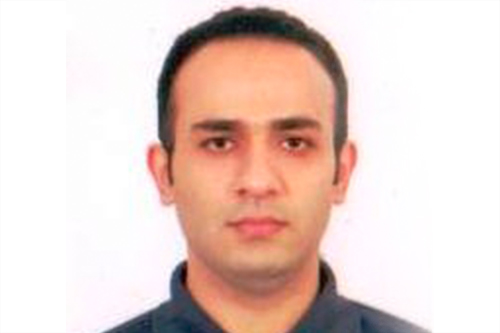Milad Riyahi

PhD summary
With no doubt, electrical energy is a critical aspect of contemporary life. Almost all the appliances that we use daily are somehow dependent on this energy. Not only, producing energy is an expensive procedure, also, the level of produced energy is not flexible. To this end, energy must always be produced higher than the peak to guarantee no network outage. Therefore, planning the energy consumption is an important research field. Shifting the load of the peak hours to the valley parts is a practical strategy to control energy consumption. In this way, the hours of consumption are scheduled instead of forcing consumers to reduce the level of their consumption. This complicated scheduling strategy, Load shifting, takes place under the umbrella of Demand-Side Management topic. In my Ph.D. research, I am trying to establish a controller to find a proper scheduled consumption plan, which satisfies the requests of consumers while reducing the overall produced energy. This controller receives data of consumers as input and produces a consumption plan as the output. The infrastructure of the controller will be based on intelligent techniques like machine learning, deep learning, and meta-heuristic optimization algorithms.
Biography
My scientific journey started in 2004 when I was accepted to Computer Science program at Mazandaran University, Iran. Although, I very much appreciated the whole program, I was most excited about a course on Artificial Intelligence. My interest in Artificial Intelligence also determined the direction of my subsequence graduate studies at Shahid Bahonar University of Kerman, Iran. Through my graduate studies, next to researching on so-called meta-heuristic algorithms, I mastered the mathematical programming environment MATLAB. Even after graduation, I remained involved with AI topics and I did different research in this field. During all these years, I had the chance of learning and researching on different branches of AI from meta-heuristic algorithms to learnings, from fuzzy sets to machine vision, and from scheduling problems to smart grids. Hopefully, I was fortunate enough to win a Marie Curie co-fund scholarship to pursue my Ph.D. Thanks to this program I had the chance of joining Robolabo team at Universidad Politecnico de Madrid and Repsol company. In this position, I am supposed to save energy by the means of designing a controller based on artificial intelligence.
